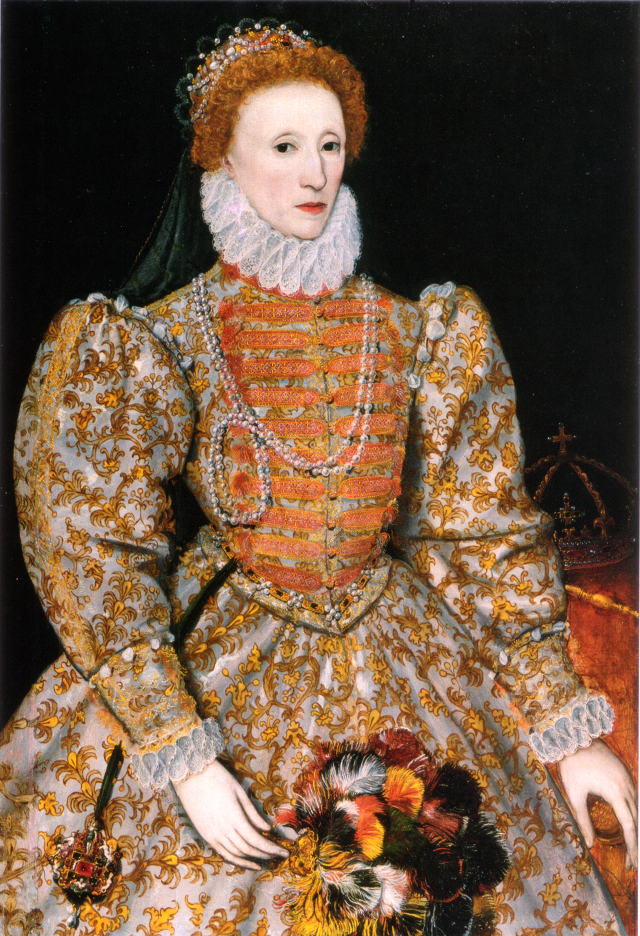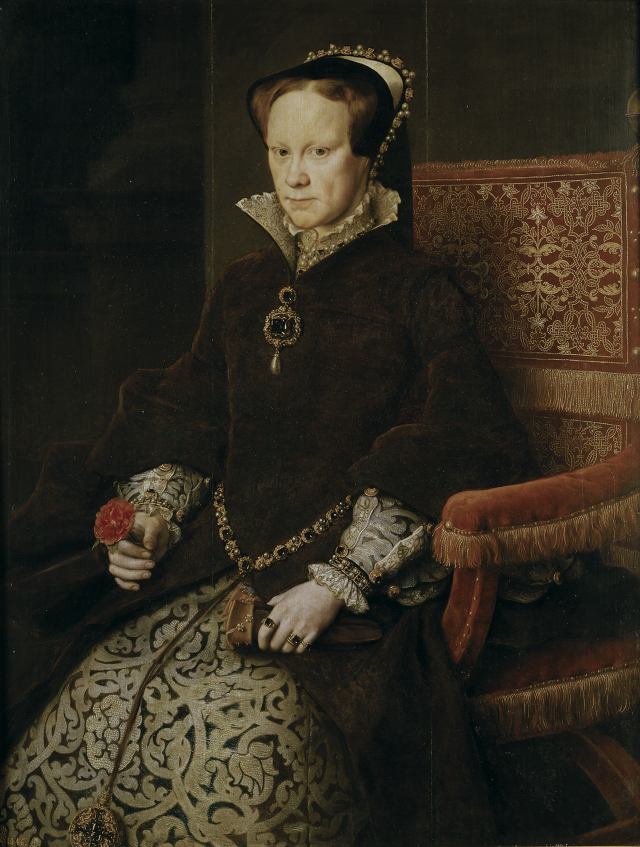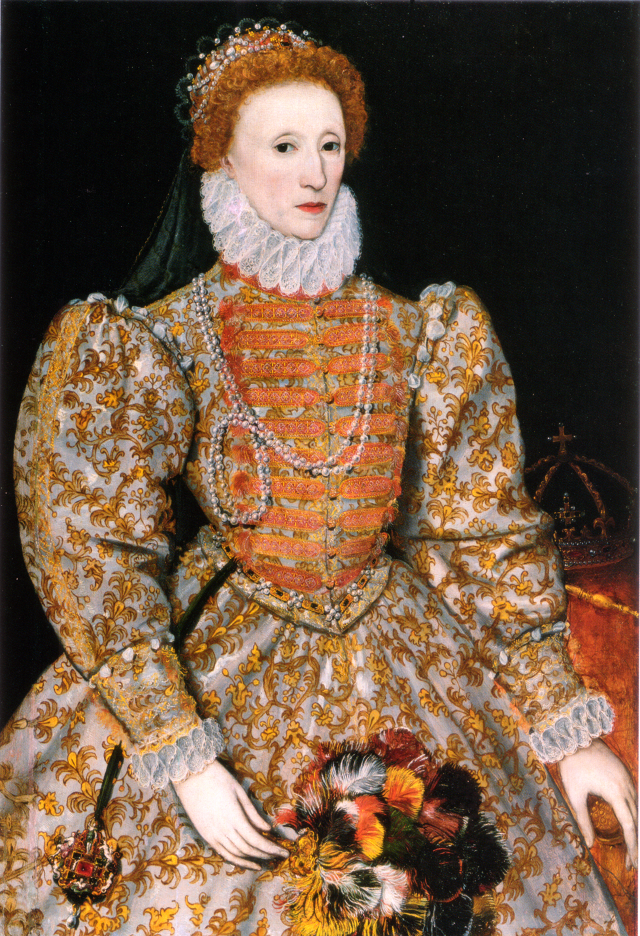No Event Found.
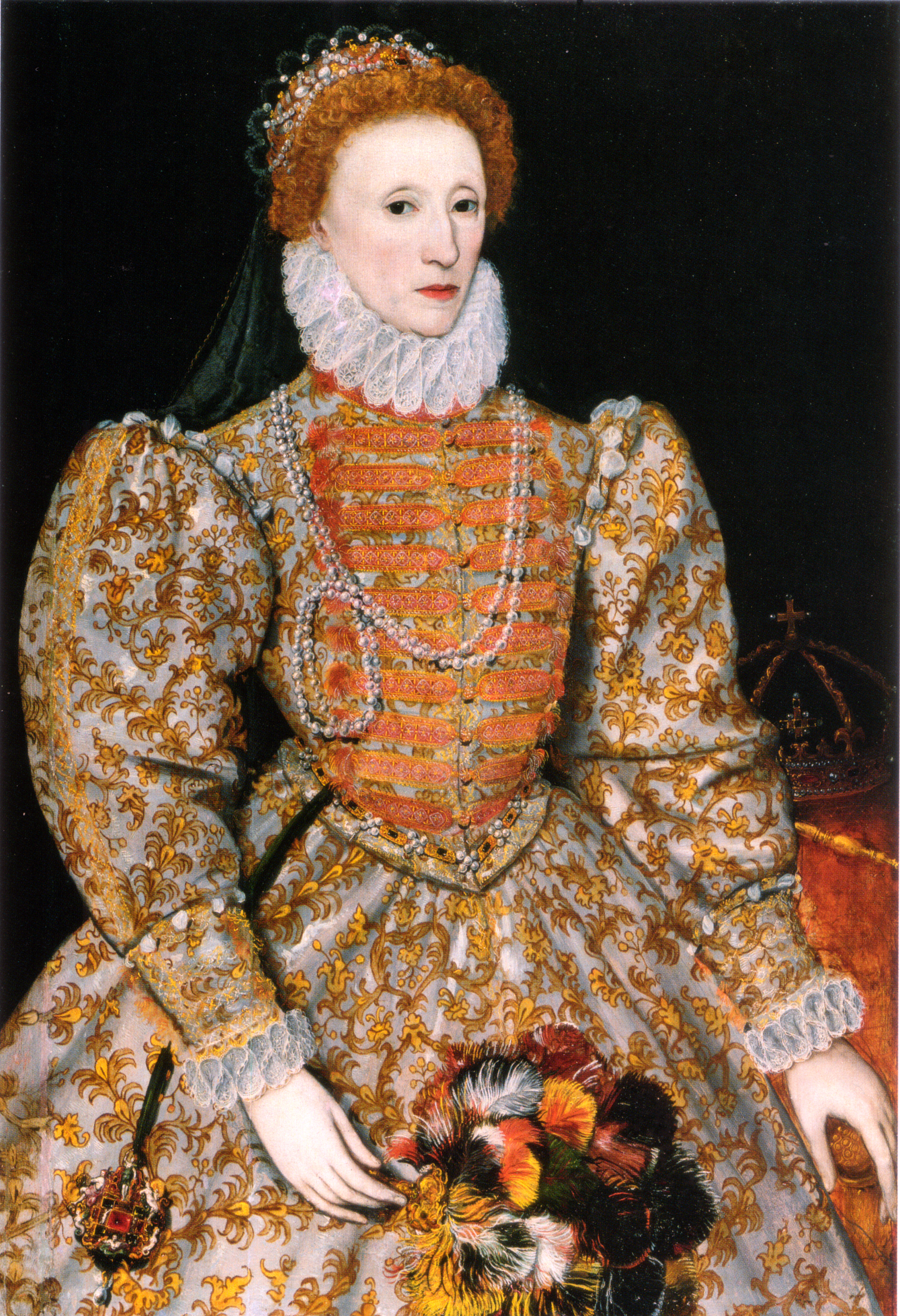
Mon, Nov 17 1558
Elizabethan era begins: Queen Mary I of England dies and is succeeded by her half-sister Elizabeth I of England.
The Elizabethan era was the epoch in English history of Queen Elizabeth I's reign (1558–1603). Historians often depict it as the golden age in English history. The symbol of Britannia was first used in 1572 and often thereafter to mark the Elizabethan age as a renaissance that inspired national pride through classical ideals, international expansion, and naval triumph over the hated Spanish foe. In terms of the entire century, the historian John Guy (1988) argues that "England was economically healthier, more expansive, and more optimistic under the Tudors" than at any time in a thousand years.
This "golden age” represented the apogee of the English Renaissance and saw the flowering of poetry, music and literature. The era is most famous for theatre, as William Shakespeare and many others composed plays that broke free of England's past style of theatre. It was an age of exploration and expansion abroad, while back at home, the Protestant Reformation became more acceptable to the people, most certainly after the Spanish Armada was repulsed. It was also the end of the period when England was a separate realm before its royal union with Scotland.
The Elizabethan Age is viewed so highly largely because of the periods before and after. It was a brief period of largely internal peace between the English Reformation and the battles between Protestants and Catholics and the battles between parliament and the monarchy that engulfed the seventeenth century. The Protestant/Catholic divide was settled, for a time, by the Elizabethan Religious Settlement, and parliament was not yet strong enough to challenge royal absolutism.
England was also well-off compared to the other nations of Europe. The Italian Renaissance had come to an end under the weight of foreign domination of the peninsula. France was embroiled in its own religious battles that would only be settled in 1598 with the Edict of Nantes. In part because of this, but also because the English had been expelled from their last outposts on the continent, the centuries-long conflict between France and England was largely suspended for most of Elizabeth's reign.
quote of the day
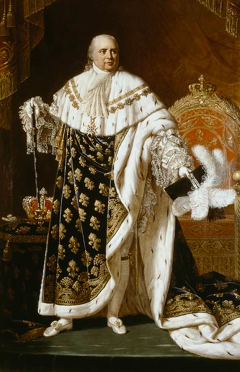
Punctuality is the politeness of kings.
- Louis XVIII of France
Video

TIH Social
Please Login first
Successfully added to favourites
Successfully removed from favourites
Sign in to TIH
Don't have an account?
Sign up now!
Did you forget your password?
Recover it here.
Sign up to TIH
Come join the TIH! Let's set up
your account. Already have one?
Sign in here.

 share with friends
share with friends add to favorites
add to favorites